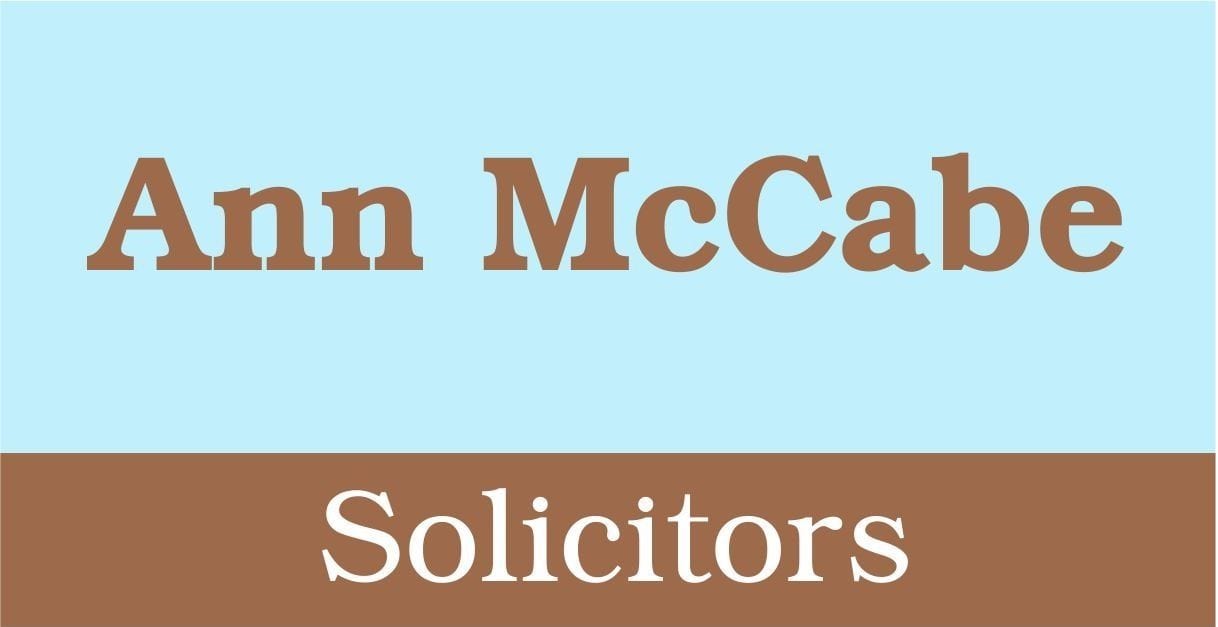
The government has removed a public list of unclaimed estates after a BBC investigation revealed that organised criminals were using it to commit large-scale inheritance fraud. The Bona Vacantia list, which included details of more than 6,000 people who died without a Will, was allegedly being exploited by fraudsters. They reportedly submitted false probate applications and forged Wills in a bid to claim estates they had no right to.
The Ministry of Justice has since removed the list from the Gov.uk website “in keeping with current investigations”. It is yet to be confirmed when the list will be reinstated.
What is the Bona Vacantia list?
Bona Vacantia, Latin for “vacant goods”, refers to the list of unclaimed estates in England and Wales. When someone dies without a Will or next of kin, their estate is listed as unclaimed. These assets pass to the Crown unless a rightful heir is found.
Until 7th July 2025 this information was public and served as a key tool for tracing rightful heirs and helping families claim what they are entitled to. But the list also became a target for abuse. Now, the relevant page has been updated and merely says: “We have temporarily removed the unclaimed estates list from our website.”
How the Probate system was misused
According to the BBC probe, once a name appeared on the list, individuals would come forward posing as the sole beneficiary. Backed by forged documents and fraudulent Wills, they would try to obtain a Grant of Probate. Many of these cases appeared to be linked, pointing to a coordinated network.
Since the Probate system went digital, identity checks have been minimal, and fraud has become easier to carry out and harder to challenge. Despite concerns raised by relatives, neighbours and friends of the deceased, some fraudulent claims reportedly passed through undetected.
In a statement, the Ministry of Justice said it was “working with the relevant agencies to support ongoing investigations into alleged fraudulent activity”.
Why does this matter for families?
While the investigation has rightly prompted action, it also highlights how vulnerable estates can be without proper safeguards in place. For families, it’s a timely reminder of the importance of making a valid Will. In doing so, you will protect your assets and ensure they go to the right people.
The removal of the Bona Vacantia list also affects heir-hunting firms who previously relied on it to locate rightful heirs. The Ministry of Justice told the BBC that it could not confirm “when the list will be available online again”.
3 ways to protect your estate
Whether you’re planning for the future or supporting a loved one with their affairs, here are three simple steps you can take to reduce the risk of fraud:
1. Write a clear, valid Will
A professionally drafted Will is the best way to make sure your wishes are followed and your estate ends up in the right hands.
2. Keep sensitive information private
Avoid publicly sharing details about your assets or estate plans, especially online.
3. Get expert legal advice
A solicitor can guide you through the estate-planning process, help you avoid common pitfalls and make sure your Will meets legal requirements.
Need support?
We understand how important it is to protect what matters most. If you need help updating your Will, planning your estate or managing Probate for a loved one, our friendly team is here to help.
Call our Newcastle-Under-Lyme office on 01782 627589 for free initial advice.
More from our team
Liam and Noel Gallagher Reunite: The Power (and Importance) of Family Reconciliation
Adele Baskerville recognised for Dougie Mac support
Ready to help: Our lawyers gain specialist training to support domestic abuse survivors
